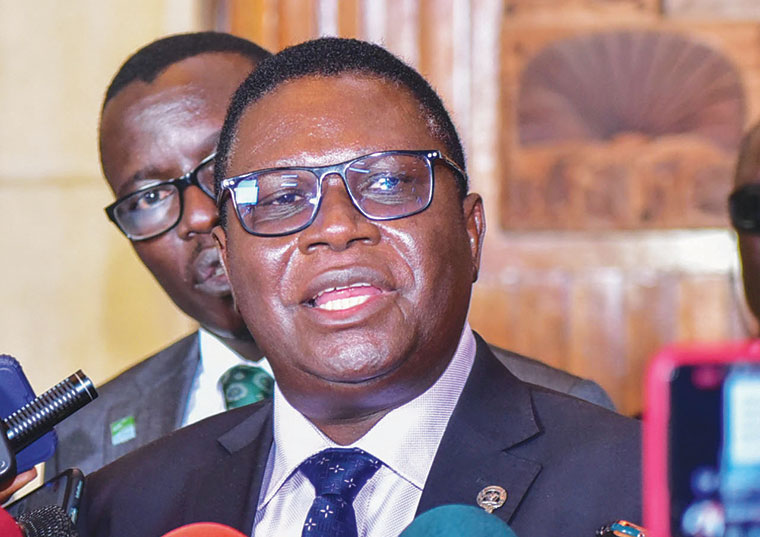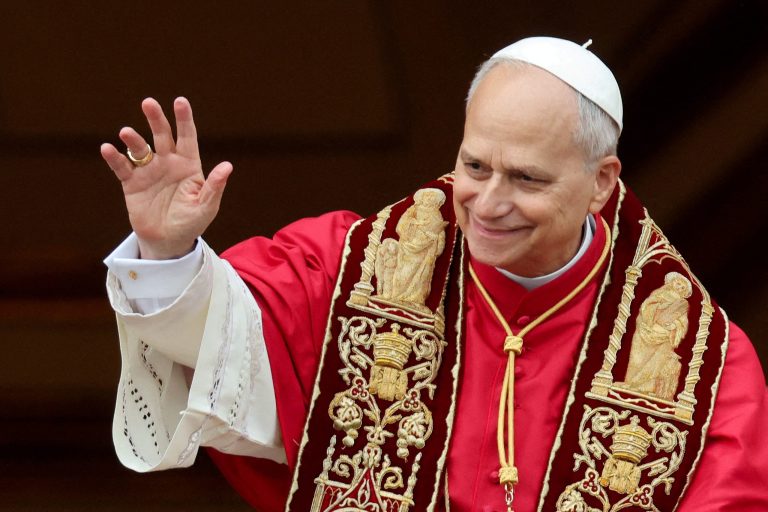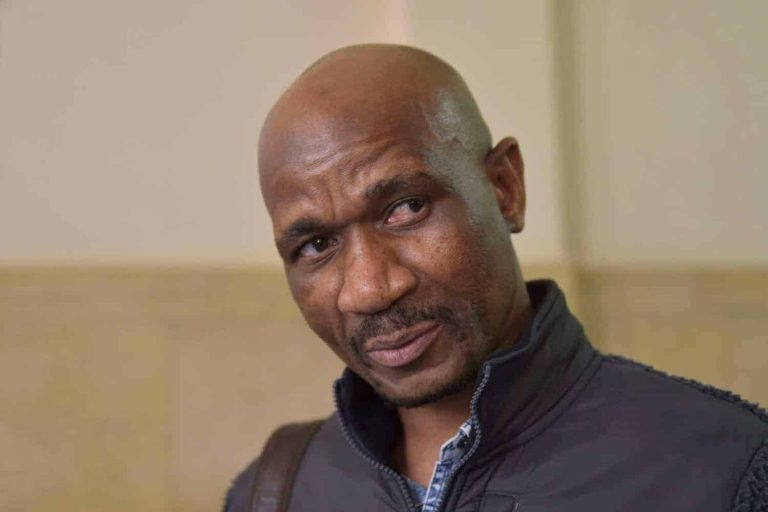
On a recent afternoon in Kampala, Uganda’s Justice minister Norbert Mao, sketched out his vision for the 2026 elections.
It was not a picture of rallies full of chants, or convoys of supporters streaming down dusty roads. Instead, Mao promised something far more subdued.
“The elections will be peaceful. No processions,” he said.
“You’ll announce your rally, drive there, speak to the people if they’re present, and then everyone goes home. On election day, people will vote. That’s it. It’s going to be so quiet. And those who don’t want it to be quiet will be made quiet.”
The remarks landed with the weight of a warning. In a country where campaign seasons have long been marked by mass rallies, music trucks and heavy-handed policing, Mao’s description sounded less like a democratic exercise and more like a tightly managed ritual. Mao went further, declaring that Uganda’s political future would not be settled at the ballot box.
“Power is not for everyone,” he told his audience. “The transition will not be based on elections. It is already happening behind closed doors, in the rooms that actually matter. TV studios are just loudspeakers. But the loudspeaker doesn’t speak on its own; it’s the microphone that matters.”
In his telling, the real center of power lies in an alliance he dubbed “the group of five”: the ruling National Resistance Movement (NRM), his own Democratic Party, the Uganda People’s Congress, the Forum for Democratic Change, and the People’s Progressive Party. To this group, he added JEEMA, the Patriotic League of Uganda led by Gen Muhoozi Kainerugaba, and other allies.
Those outside this circle, he argued, were “regime change fundamentalists,” dangerous and unfit to govern. Mao’s blunt dismissal of open contestation reflects what many Ugandans already suspect: that the 2026 vote is less about choice than choreography.
ANALYSTS HEAR A THREAT
For senior lawyer and political analyst Peter Walubiri, Mao’s message was unambiguous.
“He is telling you that political campaigns will proceed strictly under President Museveni’s rules,” Walubiri said.
“We are not about to witness the kind of transition many Ugandans hope for, a true democratic handover. Instead, we may see a succession where Museveni hands power to his son, and people like Mao are included just enough to enjoy a few crumbs from the table.”
Walubiri argued that the so-called “regime change fundamentalists” are in fact the only genuine opposition. The rest, he said, are “groomsmen for Mr Museveni,” lending legitimacy to a process that is “just a charade.”
Godber Tumushabe of the Great Lakes Institute for Strategic Studies described Mao’s comments as reckless, particularly for a Justice minister. “When I heard him talking about silencing people, I thought he was behaving with a kind of rural-urban excitement,” Tumushabe said.
“In his position, a higher standard of discipline and speech is expected. Remarks like his only serve to radicalize people on both sides of the divide.”
He warned that a transition engineered behind closed doors, without national dialogue, risks entrenching leaders who rule through money and force rather than consent. Joel Ssenyonyi, leader of the opposition in parliament and spokesperson for Bobi Wine’s National Unity Platform, accused Mao of betrayal.
“Does he think that by saying what he’s said, we will just sit back and do nothing? Absolutely not,” Ssenyonyi said.
“Nobody scammed DP supporters into believing he joined government to pave the way for Museveni’s exit, only for him to now say we should support Museveni to continue ruling.” To Ssenyonyi, Mao has become a student of Museveni himself, making promises only to break them.
“We’re not focusing on Mao,” he said. “We are continuing to do what we must to bring about change.” Mao’s prediction of the “quietest election Uganda has ever seen” raises more questions than it answers.
Is quiet meant as a promise of peace, or a threat of enforced silence? Either way, the Justice minister’s words have underscored a growing unease: that in Uganda, political transition is increasingly shaped not by voters in the open, but by elites negotiating in private.
For citizens hoping for a genuine contest of ideas in 2026, the message is clear: the real decisions may already have been made.



